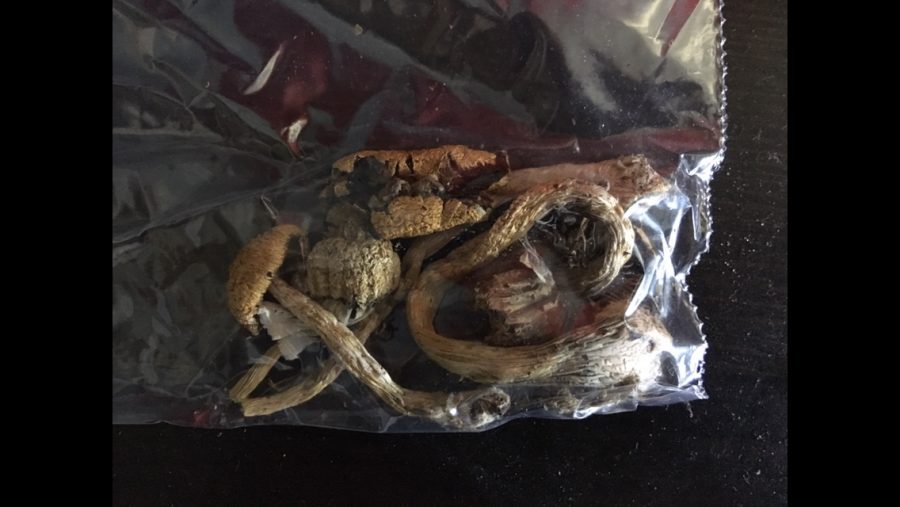Denver Decriminalizes Psychedelic Mushrooms
May 14, 2019
Six years since the revolutionary decree to legalize marijuana in Colorado, Denver has now voted to decriminalize hallucinogenic psilocybin mushrooms. While criminal penalties for drug use have decreased consistently across the US in the last few years, Denver will become the first city in America to decriminalize a drug classified as hallucinogen. With Denver also being the first city to legalize of small amounts marijuana in 2005, only time will tell how this will affect future laws in the state and beyond.
These mushrooms on the ballot contain the chemical psilocybin, which causes mind-altering effects similar to the ones experienced when taking lysergic acid diethylamide (LSD). Visual hallucinations, a distorted sense of time, and euphoria are a few of the side effects caused by ingesting this drug.
Currently, the US Department of Justice says that psilocybin is a Schedule I controlled substance, meaning that the government deems that the mushrooms have no medical properties and have a “high potential for abuse.” This is also the same classification given to drugs like marijuana and heroin, a decision that sparks much controversy. The vote is not going against the federal control schedule, but it will “prohibit the city from spending resources to impose criminal penalties” against psilocybin mushrooms. Crimes related to psilocybin, such as the possession and distribution of the drug, will now be of the least priority for officers, and would rarely be fined or punished.
“Magic mushrooms” have recently gained popularity for recreational use, though multiple studies have shown that psilocybin can aid in treatments for depression and Posttraumatic Stress Disorder (PTSD). It has also aided people in eliminating alcoholism as well as smoking addiction, which seem to have more harmful effects than the psilocybin in the mushrooms themselves. Researchers from John Hopkins University have called for removing psilocybin from the list of Schedule I substances, proving that even educated officials think that this substance provides beneficial health effects.
Before this legislation passed, opposition worried over the long-term effects this would have on Denver’s reputation. Denver, according to opponents of this decriminalization, is slowly becoming the “illicit drug capital of the world,” and politicians worry about the long term mental and health effects on the population. It could be said that with increased access, those who would be less likely to consume the drug would have a higher propensity of doing so. Currently, these mushrooms have not been extensively medically tested, and the health risks are not well known. However, by allowing the access to the mushrooms in a legal method, scientists will now be able to test the effects in a more comprehensive matter with a greater sample size.
Concerns over psilocybin as a gateway drug for adolescents have also been raised. However, the law addresses this issue. Penalties have only been decreased for those 21 and older, meaning that those under 21 years of age will not be able to buy the mushrooms.
However, to repeat, the long-term health effects of the drug have not been truly tested, especially with adolescents. A recommended dose has also not been determined, only increasing the risk of consuming, and possibly overdosing, on the mushroom.
As the bill is made law, the nation watches as yet again Denver emerges in the spotlight of the national drug debate. A new precedent is being set for the use and support of many drugs, with this law leading the movement. All the people can do now is observe the way this procedure plays out and hope for the best outcome.



